The Constructivist Regenerative Design Lab supports the transition to a regenerative built environment. Through our eight-month, programme leaders and future leaders explore the principles of regenerative design and experiment with applying them in practice.
This is a learning journey that is both explorative and transformative. We create a community of change-makers and give them the tools to make change.
We launched our first cohort in 2022; cohort 4 is running from Autumn 2024 to Spring 2025. We are developing our proposals for future cohorts starting in 2026.
Current cohorts
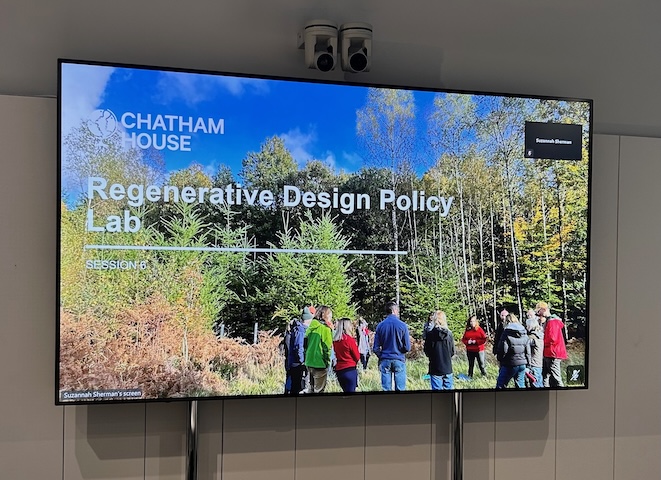
Cohort 4 delivered in partnership with Chatham House Sustainability Accelerator is exploring creating policy that delivers regenerative design, building on the questions and findings from Cohort 3 (see below). Runs Sept. 2024 to May 2025.
Upcoming cohorts
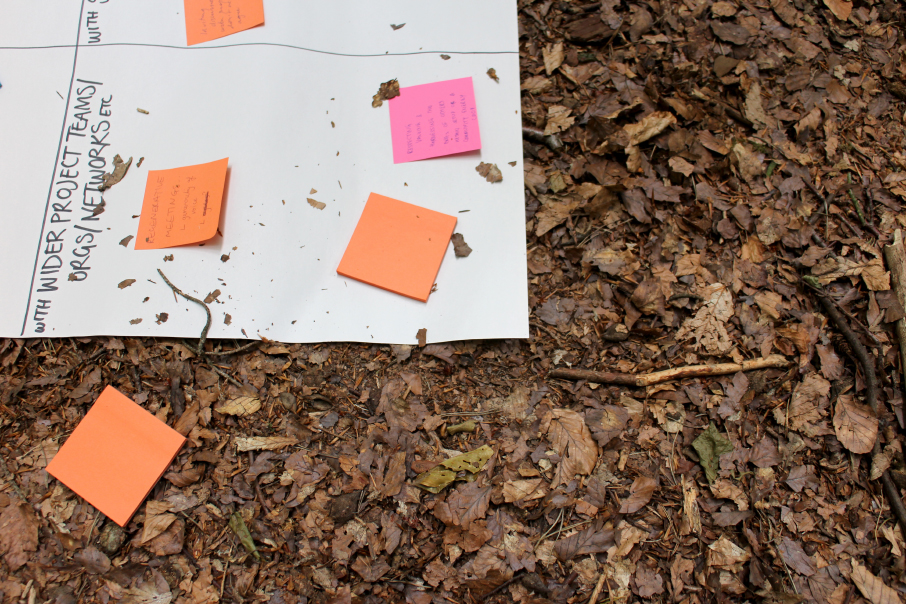
At the end of Cohort 4 we will be taking a pause to review what we have learnt from the Lab so far, and to explore delivery partners for future labs.
Previous cohorts
Since we launched the Regenerative Design Lab in 2022, we have welcomed a wide range of built-environment professionals to the programme, including participants from: Architects Declare, Arup, Beep Studio, Buro Happold, DEFRA, Engineers Without Borders UK, Elliott Wood, Essex County Council, Expedition, GLA, Hawkins Brown, IStructE, Piers for the Planet, Price and Myers, Ramboll, Robert Bird, Sheffield Council, Studio Dash, UCL, UKGBC, University of Bath, University of Bristol, WSP and YesMake.
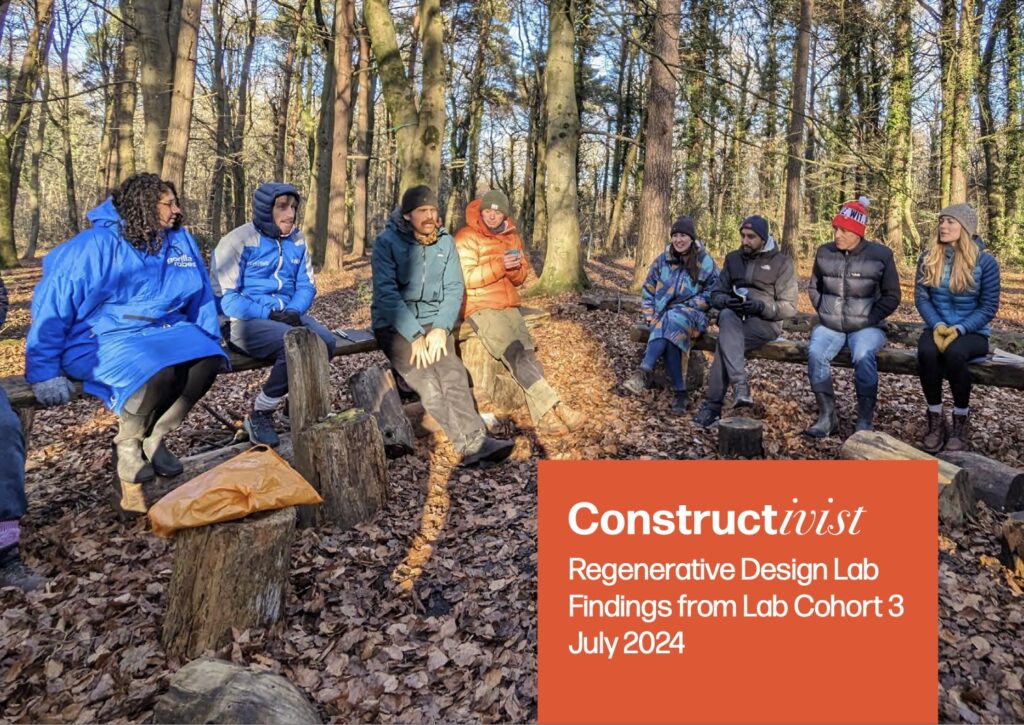
Our third cohort ran from Nov ’23 to April ’24. We explored the intersection of policy and regenerative design, and started to ask how can policy unlock the potential of regenerative design.
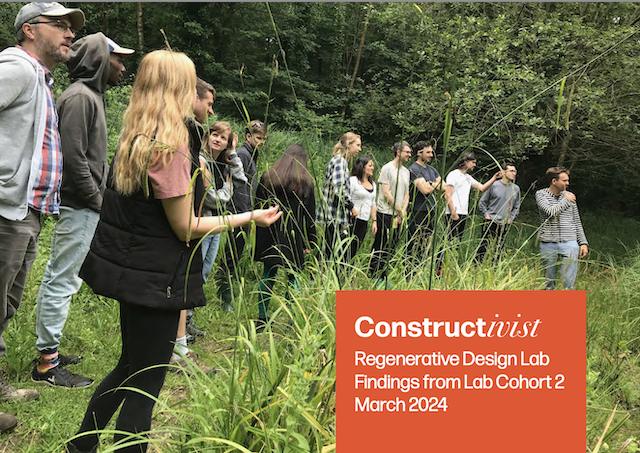
Cohort 2 ran from April to November 2023. With our second cohort we developed and tested our lab methodology and toolkit for explaining key principles in regenerative design.
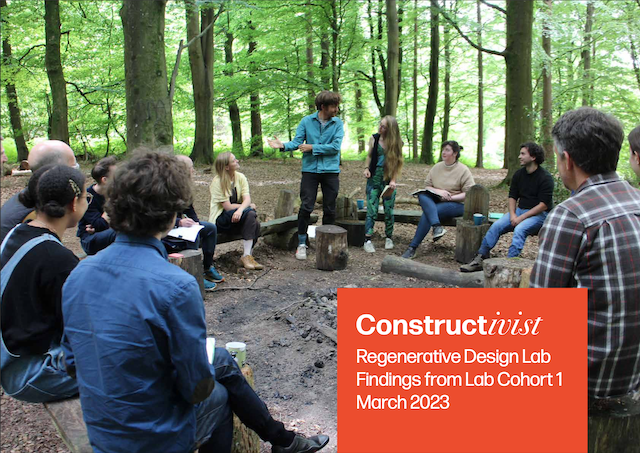
Our pilot cohort ran from April to November 2022. 19 leaders and future leaders from engineering and construction began our exploration of regenerative design and what it would mean to put these ideas into practice.
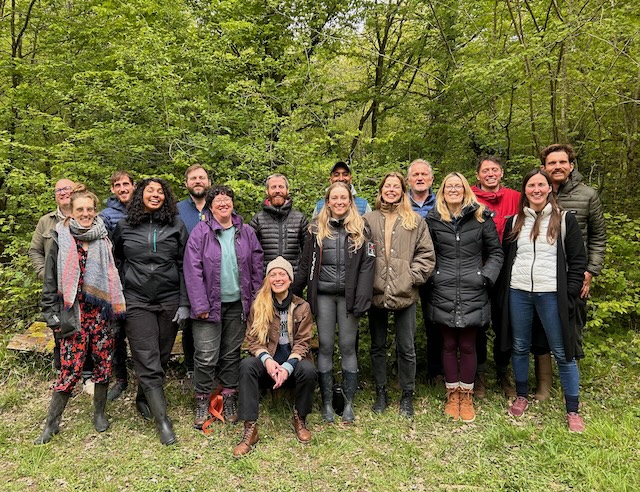
Method
Over 8 months, five online workshops and three over-night residential stays, participants of a Regenerative Design Lab programme will:
- unpack the principles of regenerative design.
- experiment through application of principles in the workplace
- explore application of regenerative practice in their own lives
- reflect on the impact of this action on their design work
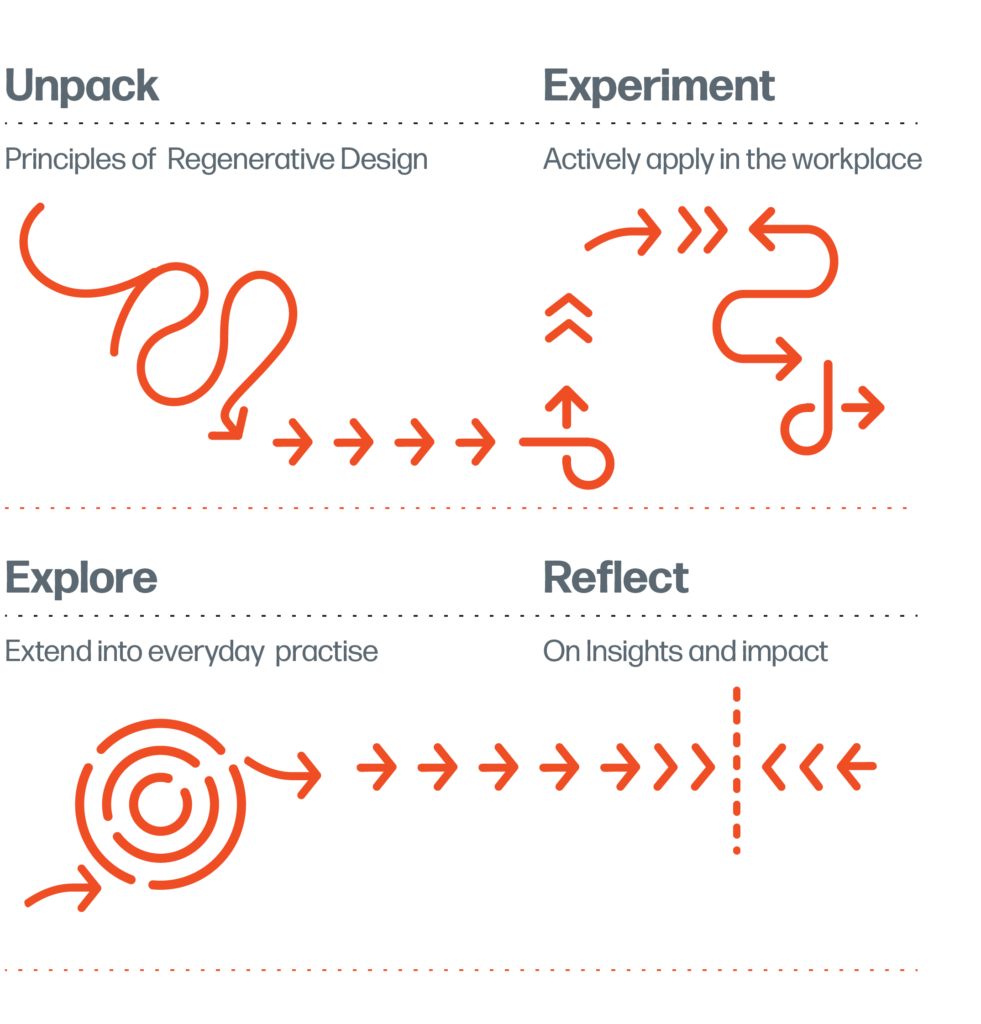
Our programmes are rooted in peer-support and practical action-learning, blended with expert facilitation and coaching. In our workshops and residential stays you’ll dive deeper, connect with your peers and reflect and apply learnings to a personal or professional inquiry.
At the start of the journey we’ll uncover a foundational understanding of regenerative design and its principles together. You’ll also identify a live, workplace challenge or project as a field for experimentation and practice for the 8 months. Through cycles of action and reflection you’ll cross-pollinate ideas, discover new behaviours, and grow your resilience as you support each other to apply principles of regenerative design in practice.
I took up engineering in order
Ove Arup
to practise philosophy
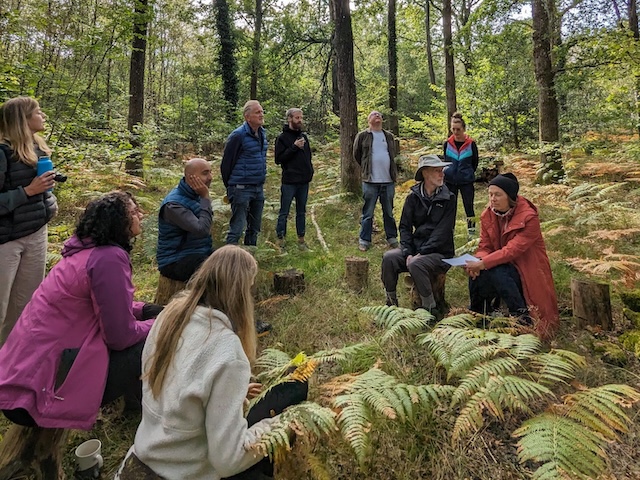
Inputs
Participants – you will be part of a group of leading engineering or construction industry professionals who see regenerative design as the future and want to make it reality. Together, you will become a peer-group that support and constructively challenge each other throughout the journey.
Live projects – each member of the cohort will bring a live challenge or project to the lab. Be it design-based, site-based, organisational or strategic, you will explore how regenerative design principles can apply to your work, while developing your own regenerative practice.
Ecosystems – regenerative design solutions are specific to the ecosystems in which we are working. That ecosystem and your connection with it becomes an intrinsic part of the journey. To further embed ‘place’ into our programmes we return three times to Hazel Hill Wood, near Salisbury. Hazel Hill Wood is a hearth for our group, and a place to explore our relationship with living ecosystems.
Outputs
Individuals will be supported on a personal development journey, increasing their awareness and skill in regenerative design practice. They will leave with a toolkit of approaches and hopefully a transformed relationship with the ecosystem they are part of.
Organisations will benefit from a key member of their team introducing innovative regenerative design practice into their projects. The Lab also aims to provide organisations with an opportunity to fulfil their regenerative design practice commitments.
Industry will benefit from the shared results of these experiments in regenerative design practice. The understanding we gain from this, and subsequent Lab programmes, will feed into teaching resources and briefing tools that will be shared via the Regenerative Design Lab website for use by industry and academia.
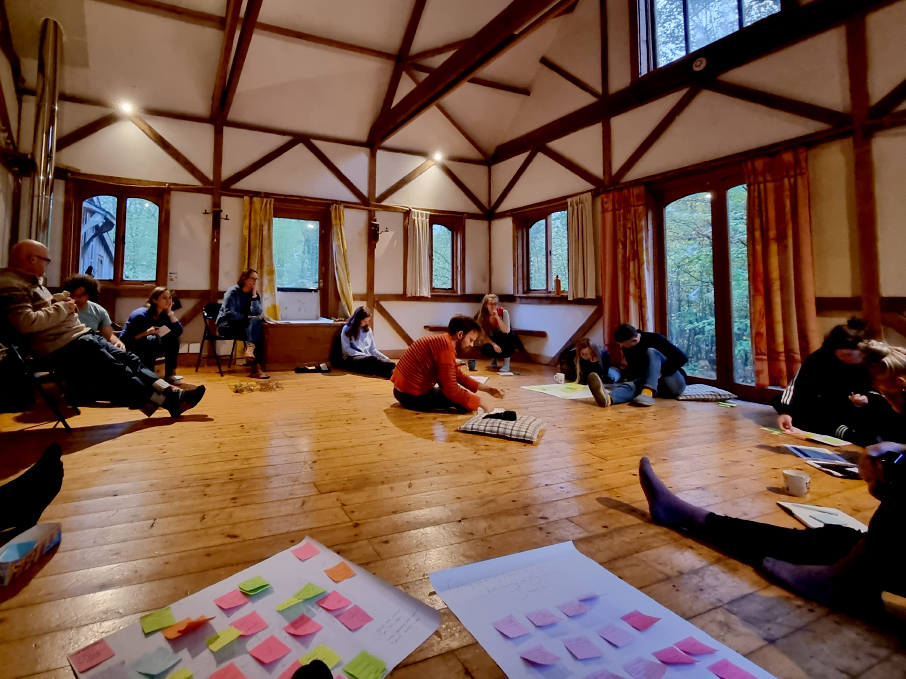
Reconnect with living systems
As part of each programme we hold three residential sessions at Hazel Hill Wood to explore our relationship with living ecosystems. Hazel Hill is a woodland retreat centre where people come to learn and heal through contact with the living world. It combines indoor workshop space and accommodation with access to a thriving forest with a range of ecosystems to explore.
We will take an experimental approach and observe, experiment, measure and learn from these complex natural systems. Participants will engage in a transformative process to shift perspectives away from believing we are separate from the natural world.
‘When we can think as part of a system, we can better self-regulate to thrive within the limits of that system’.
Looby Macnamara
Meet the Regenerative Design Lab facilitators
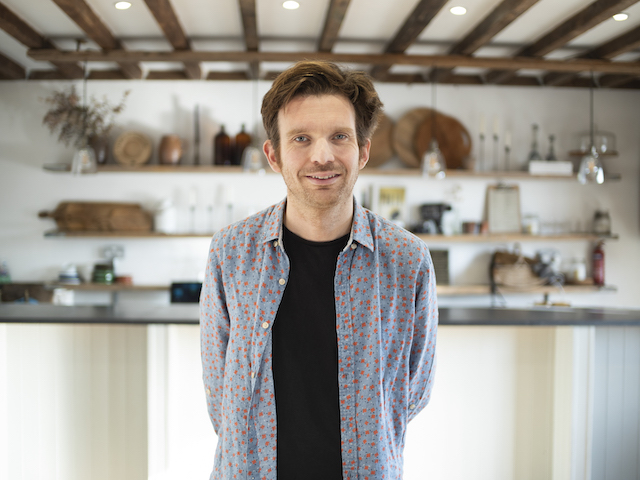
Oliver Broadbent
Co-leader.
Oliver is 1851 Fellow in Regenerative Design and founder of Constructivist. He is a writer, international speaker on creativity in engineering and an award-winning design teacher.
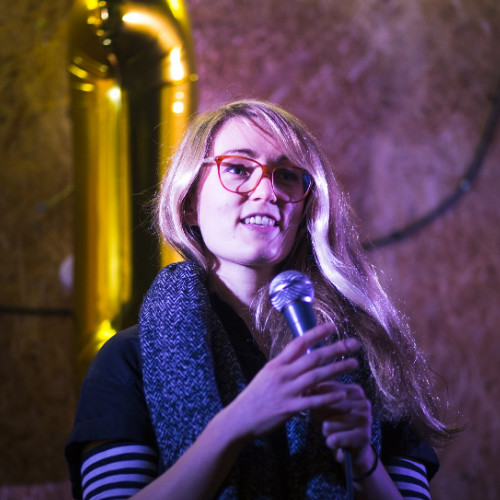
Ellie Osborne
Co-leader.
Ellie is a facilitator, designer, researcher, coach and collaborator who works at the intersection of innovation, systems thinking, future trends and learning design.
With gratitude…
We are grateful to an array of friends, partners and allies that have made The Regenerative Design Lab possible.

Chatham House Sustainability Accelerator
Delivery partner for Regenerative Design Lab Cohort 4.

Engineers without Borders UK
The development and delivery of the Regenerative Design lab is supported by Engineers Without Borders UK
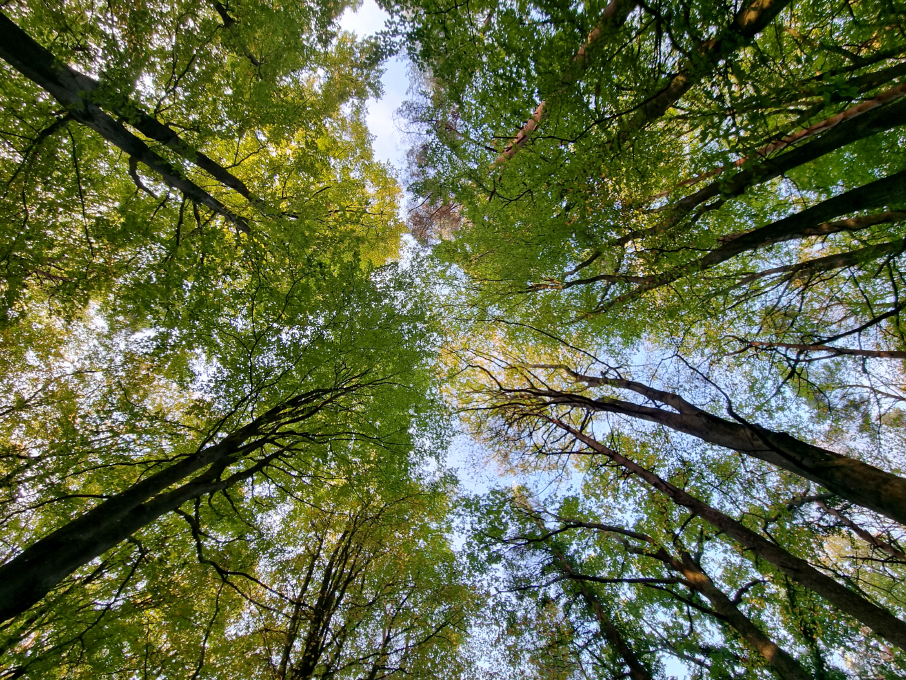
Hazel Hill Wood
We are grateful to the team at Hazel Hill Wood who create such a creative and inspirational environment for our residential sessions.
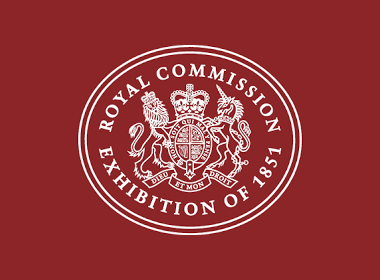
Royal Commission 1851
The design and development of the Regenerative Design Lab is funded through the support of the Royal Commission for the Great Exhibition of 1851.
